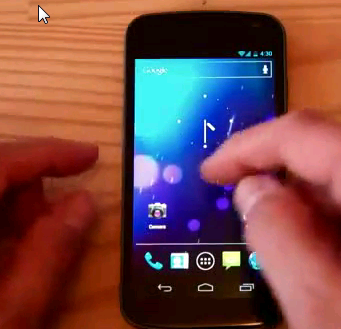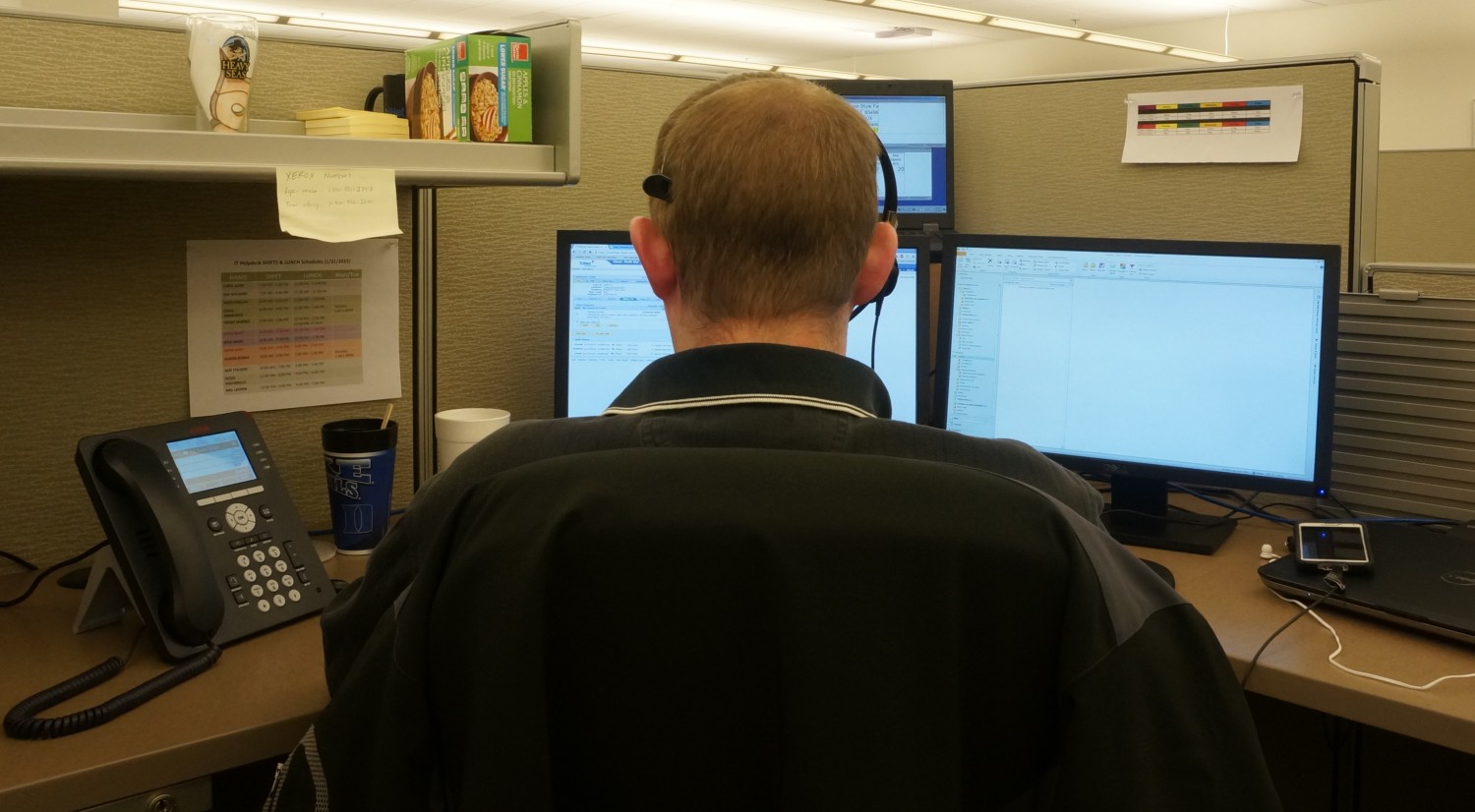aNewDomain.net — Is nanobiology the next step for the energy industry? Is it a game changer?
Nanobiology is based on bio-inspired nano-structural materials that can break the present limits in energy storage, data storage, image sensing. This field has grown thanks to two professors at Tel Aviv University who created StoreDot, a startup that has financed $11 million in capital so far.

Photo Credit: StoreDot
StoreDot, according to their research, has sent electricity through biological materials. It explains on its site:
Nanodots are atomic scale containers that can hold current, information and be self-assembled to form larger structures. Previous nanodots are based on non-organic materials such as metals, leading to many technical limitations. However, StoreDot’s bio-inspired nanodot is organic and superior to any previous discovery, giving it the potential to disrupt multiple industries, including energy storage, semiconductor, device memory, displays, image sensors and bio-medical sciences. These new dots are much smaller (~2nm in diameter) and are uniform in size – two major advantages over traditional dots. StoreDot plans to focus its commercialization efforts initially on making dramatic improvements to critical components for next-generation smartphones and tablets.”
StoreDot’s research follows a breakthrough article in Nature Magazine published in 2010. The original article in Nature was devoted to peptides, which is a key research factor for the prevention of Alzheimer’s disease. More about the science behind the peptides is in the article “Nanotechnology: Peptides as Biological Semiconductors” in the November 2010 edition of Nature Magazine.
Nature Magazine said molecular structures based on biological materials will change the world of semiconductors as well as Alzheimer’s. For years the scientific community has talked about putting biological materials into computer systems. StoreDot has presented a concrete way to make this dream a reality.

The Future of Mobile Electronics
The Tel Aviv team had one big question: “Can this structure hold an electric cargo?” The cargo in question is the electric charge. Professor Vizzini immediately thought that improved management of cargo, using the approach proposed in the Nature article by Dr. Rosenman, can dramatically improve some basic areas, such as (but not limited to) a digital memory, and more-efficient and fast-charging batteries.
Photo credit: aNewDomain.net
A practical application of this advance tech is longer mobile battery life. Nanotechnology building blocks, made from biological materials, can recharge your phone in 30 seconds. This could roll out hopefully in a year or so. That is one of the promises StoreDot has made with its start-up product. No need to lose your juice so fast.
There is a rumor that Samsung is a silent partner in the StoreDot venture, which would speed along the nano-tech hitting the mass market. Perhaps Alzheimer’s will benefit from the research as well.
Based in Australia, David Michaelis is a world-renowned international journalist and founder of Link Tv. At aNewDomain.net, he covers the global beat, focusing on politics and other international topics of note for our readers in a variety of forums. Email him at DavidMc@aNewDomain.net.












